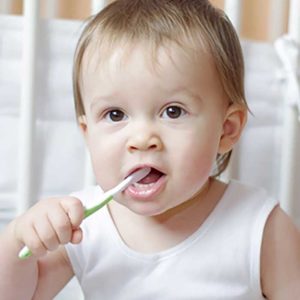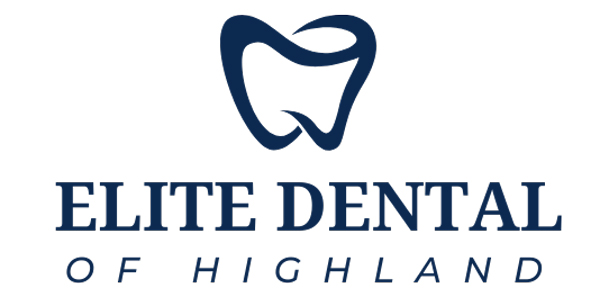3 Things To Consider For Lowering Your Child’s Risk For Cavities

From the moment your child’s first tooth appears, usually, between six and nine months, you need to be concerned about Early Childhood Caries (ECC). This particular form of tooth decay can have a devastating effect on primary (baby) teeth and lead to their premature demise. Losing one before its time could adversely affect how the future permanent tooth comes in.
You can help prevent ECC with daily brushing and cleaning, regular dental visits (beginning around their first birthday), and limiting the sugar they eat. Here are 3 more things to consider for boosting your prevention efforts.
Breastfeeding
Pediatricians generally recommend breastfeeding if possible for a baby’s overall health, including dental development. And although breast milk contains fermentable carbohydrates that boost bacterial growth, it no more promotes tooth decay than similar foods and beverages. That said, though, once the child begins to eat and drink other foods and beverages, the combination of sugars in them and breast milk could increase the bacteria that causes ECC. This is another good reason to wean the child from breast milk as they begin to eat more solid foods.
Bottles and Pacifiers
It’s quite common for parents and caregivers to soothe a fussing or crying baby with a bottle filled with formula, milk, or juice for sipping, or even a pacifier dipped in jam, sugar, or some form of sweetener. But these practices can create an environment that promotes high acid production from bacteria feeding on the sugars. Instead, avoid giving them a “prop-up” bottle filled with liquids containing sugar and try to limit bottle use to mealtimes. And provide them pacifiers without sugary additives if you use them.
Medicines
Children with chronic illnesses or other needs often take medication containing sugar or with antihistamines that reduce the flow of acid-neutralizing saliva. If the medications can’t be altered, then it’s extra important for you to practice diligent, daily hygiene to reduce the effect of higher mouth acid.
If you would like more information on dental disease prevention in babies and young children, please contact us or schedule an appointment for a consultation. You can also learn more about this topic by reading the Dear Doctor magazine article “Age One Dental Visit: Why it’s Important for Your Baby.”
